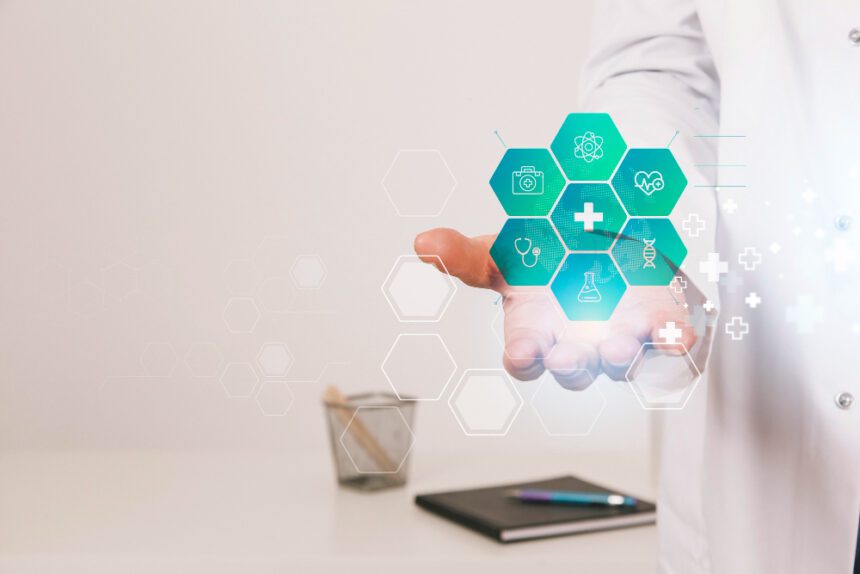Why Pharmacovigilance is needed in 2024?

Pharmacovigilance is a critical component of pharmaceutical companies’ operations for several reasons:
9 Reasons why Pharmacovigilance is needed in 2024
1. Patient Safety
Ensuring the safety of patients who use pharmaceutical products is of utmost importance. Pharmacovigilance helps identify and prevent adverse reactions and other safety concerns associated with medications, reducing the risk to patients.
2. Regulatory Compliance
Regulatory agencies, such as the U.S. Food and Drug Administration (FDA) and the European Medicines Agency (EMA), require pharmaceutical companies to monitor and report adverse events and safety data. Compliance with these regulations is essential to obtain and maintain marketing authorization for drugs.
3. Risk Assessment
Pharmacovigilance activities help companies assess and manage the risks associated with their products. This includes identifying potential safety concerns early in the drug development process and throughout the product’s lifecycle.
4. Product Quality Assurance
Ensuring the quality and efficacy of pharmaceutical products is crucial. Monitoring and reporting adverse events can help identify issues related to product quality, such as manufacturing defects or contamination.
5. Reputation Management
Safety concerns or adverse events associated with a pharmaceutical product can significantly impact a company’s reputation. Pharmacovigilance allows companies to proactively address and manage safety issues, protecting their brand and maintaining public trust.
6. Legal Liability
Failing to monitor and report adverse events can result in legal liabilities for pharmaceutical companies. Pharmacovigilance helps companies fulfill their legal obligations and defend themselves in case of lawsuits.
7. Product Improvement
Data collected through pharmacovigilance activities can provide valuable insights for product improvement. It can lead to modifications in product labeling, dosing recommendations, or even the withdrawal of a product from the market if safety concerns are significant.
8. Global Market Access
Many pharmaceutical companies operate in global markets, and different regulatory agencies have varying requirements for pharmacovigilance. Compliance with these requirements is essential for market access and expansion.
9. Public Health
Pharmacovigilance plays a crucial role in protecting public health by identifying and mitigating risks associated with pharmaceutical products. It contributes to the overall safety of the healthcare system.
In summary, pharmacovigilance is needed for pharmaceutical companies to ensure patient safety, comply with regulatory requirements, assess and manage risks, maintain their reputation, fulfill legal obligations, improve products, and contribute to public health. It is an integral part of the pharmaceutical industry’s commitment to the safety and well-being of patients and consumers.
Ready to take the next step in your career and make a meaningful impact in the field of healthcare?
Learn more about our Pharmacovigilance course details and equip yourself with the knowledge and skills necessary to ensure the safety of pharmaceutical products. With the increasing importance of pharmacovigilance in drug development and patient care, this is your opportunity to become a valuable asset in the industry.


